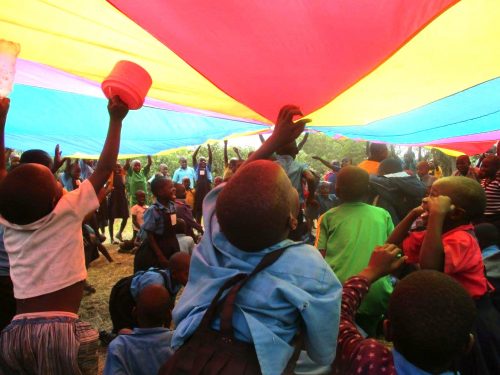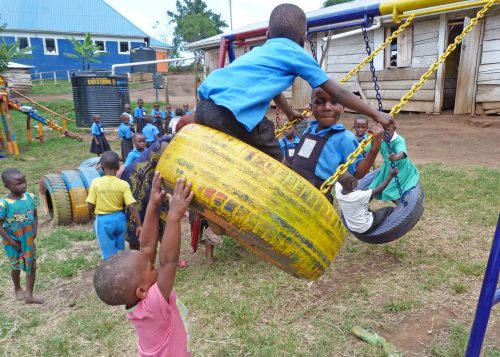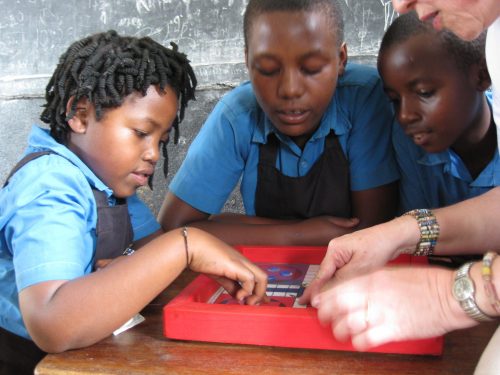Play is a key element in child development. Learning to play encourages children’s imagination, cognition and emotional development. Physical play develops motor skills and dexterity. Play is important for healthy brain development and helps to maintain a sense of well-being throughout life.

Play is an essential part of early years learning and its importance continues into the early years of primary school. Learning to play and having a safe place to play are both important elements of pre-primary education.
The Uphill Kindergarten has three year groups: Baby, Middle and Top class and takes children from the age of 3. There is a structured curriculum which involves learning through play: Singing games, clapping games and outdoor activities are all popular with teachers and children. There is also plenty of opportunity for unstructured physical play along with opportunities for imaginative and cooperative play.

Of course, play remains important as the children move through primary school. We have enjoyed teaching the girls some of the low tech games we enjoyed in our far distant childhood – from hop scotch to board games and ‘pick up sticks’.

Tags: education in uganda, learning to play, play in education, Uphill Junior School, Uphill Kindergarten, why play is important






